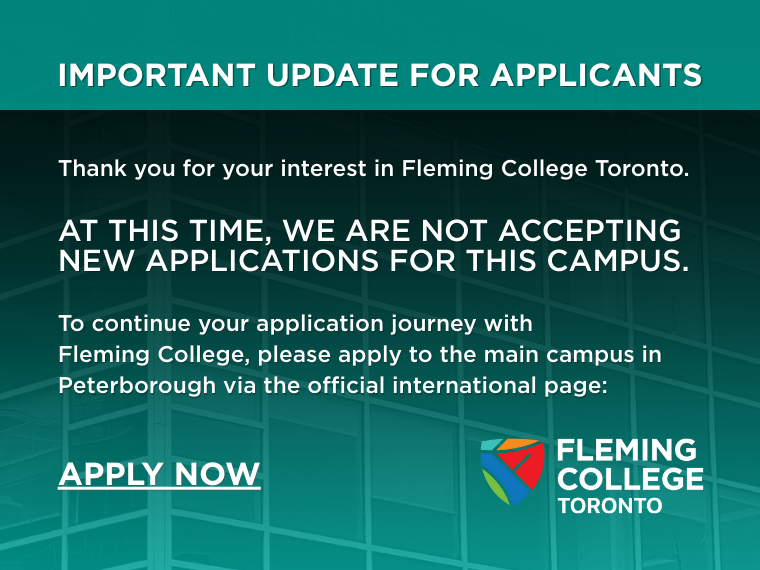Research Skills: How to Evaluate Sources for Essay Success
- December 08, 2022
- Study Tips

How many times have you read an article or watched a video and asked yourself, “Is this really true?”
The internet is full of information with varying degrees of accuracy, reliability, and value, meaning you need to decide what is credible and what isn’t. This is not only important in day-to-day life but also when it comes to doing research for papers and projects in college. But how do you know what sources you can trust? Are there criteria for evaluating information? Keep reading to find out!
What is Source Evaluation?
Source evaluation is the process by which researchers discover if an article, video, post, or another form of content is legitimate. Instructors may penalize students for not using good sources in their research papers. If a researcher tries to publish a paper with bad sources, it could have a negative impact on their career.
Why is it important to evaluate sources for a research paper?
When it comes to traditional information sources such as books and periodicals, the information has usually been reviewed by a group of academics, and at the very least checked by an editor. However, when it comes to the internet, no one is required to review or approve the content. For this reason, you have to be extremely careful when you decide to use the internet for research.
How do you evaluate a source?
A great way to evaluate sources is to follow the simple acronym, “CARS.”
- C stands for Credibility.
- A stands for Accuracy.
- R stands for Reasonableness.
- S stands for Support.
This system will help you distinguish between high-quality and low-quality sources. To learn more about each step, read the sections below.
Credibility
Credibility refers to how trustworthy a source is. To find evidence of credibility, ask yourself the following questions:
Is the person or organization an expert on the subject? To find out, look for the author’s or creator’s credentials, such as name, title, position, education, training, and contact information.
Has the source undergone a rigorous fact-checking process? If it has, it should include keywords such as peer-reviewed, academic, scholarly, or referred publications.
Remember to be careful of sources that:
- Have an anonymous creator.
- Have no date.
- Has spelling or grammar errors.
- Was posted on an unprofessional or disorganized website.
Accuracy
Accuracy simply refers to correctness. To ensure that your information is accurate, make sure it conforms to these categories: timeliness, factuality, and comprehensiveness.
- Timeliness – Was the information updated recently? The knowledge that was correct ten years ago might not be true today.
- Factuality – Is the source’s information correct? Crosscheck with other reference materials, such as research handbooks, encyclopedias, and dictionaries.
- Comprehensiveness – Is the information extensive? Does it have citations and a reference page that contains academic material?
Reasonableness
Reasonableness refers to whether the information is objective, fair, and consistent. To assess for reasonableness, ask yourself these questions:
- What motivated the creator to create and share this source?
- Is it solely to educate the public? Or does it have a political agenda?
- Does this material benefit the author financially?
These questions might reveal a conflict of interest. For example, if you find an essay about why eating beef is healthy, but the writer owns a hamburger franchise, then the writer stands to gain from the publication. This is a conflict of interest.
Support
This means that the information is supported by evidence that is cited properly. To determine if a source has sufficient support, ask these questions:
- Is the information supported with evidence?
- Are the claims backed up with facts?
- Is there a bibliography?
- Are the sources that are cited reliable?
Sometimes, an article may look professional but when you take a deeper look at the bibliography, you might find that the sources that the article mentioned are not credible.
Some other important points:
- If you are unsure whether the information you found on the internet is credible and reliable, do not incorporate it into your assignment.
- You are responsible for ensuring that the sources you use and cite are authentic, accurate, and reliable. Your instructor expects you to provide credible information.
- Students at FCT are strongly encouraged to use library databases for their assignments. The information found in these databases has already been reviewed for accuracy, so you do not have to worry about evaluating them.
For more information about library resources and services at Fleming College Toronto, email library@flemingcollegetoronto.ca or visit the library page.
Read more blogs
Stress to Success: Managing Personal Challenges to Improve Academic Honesty
Learn about the complex reasons behind academic dishonesty.…
The Benefits of Studying Abroad
Find out how living abroad can change your life for the better.…
How to Have the Full College Experience: Student Clubs
Enjoy your college years and learn about the exciting possibilities of joining a student club.…



